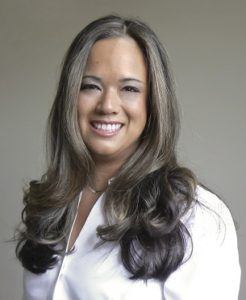
As the temperature drops and our days shorten, Canadian start to gather their winter essentials; thick coats, warm boots, bags of salt and a sturdy shovel. Winter tires, on the other hand, have always been a point of debate. Some people say they can’t live without them while others say they’re not worth the price tag. Below, you’ll find three reasons why snow tires really are a winter essential.
1. They’re Built for the Snow
Tires have to meet strict performance criteria in order to earn the coveted “winter tire” label. When temperatures drop, the rubber used for regular or “all-season” tires hardens making them ineffective on the slick roadways. The rubber used for snow tires, on the other hand, stays soft which allows them to better conform to the texture of the snow and ice covered roads.
2. They Have Unique Treads
Snow tires have unique treads that are wider and larger than standard “all season” tires. The tread on snow tires have two functions. First, it’s designed to wick away moisture from the tires main point of contact which allows for more control. Second, the larger tread means that when the tires rotate, they can grip into the ice and snow and, ultimately, kick it out behind them as the vehicle moves along the slick surface.
3. Better Stopping
Starting a vehicle in slick conditions is hard. Stopping a vehicle in slick conditions is even harder. Studies have shown that snow tires can decrease your stopping distance by up to 37%. That is an enormous advantage on our snowy northern roads. This could not only prevent an accident, it could end up saving a life.
When In Doubt, Stay Off The Roads
We encourage all drivers to consider purchasing a set of high quality winter tires for their vehicles. Winter tires give you more control in snowy conditions. With that said, if the road are bad and you don’t have to drive, the safest option is always to stay put until the weather – and the roads – clear up.
Discounts Available – Call Your Broker!
If you do have winter tires, be sure to call your broker today. You may qualify for a discount on your auto insurance!







